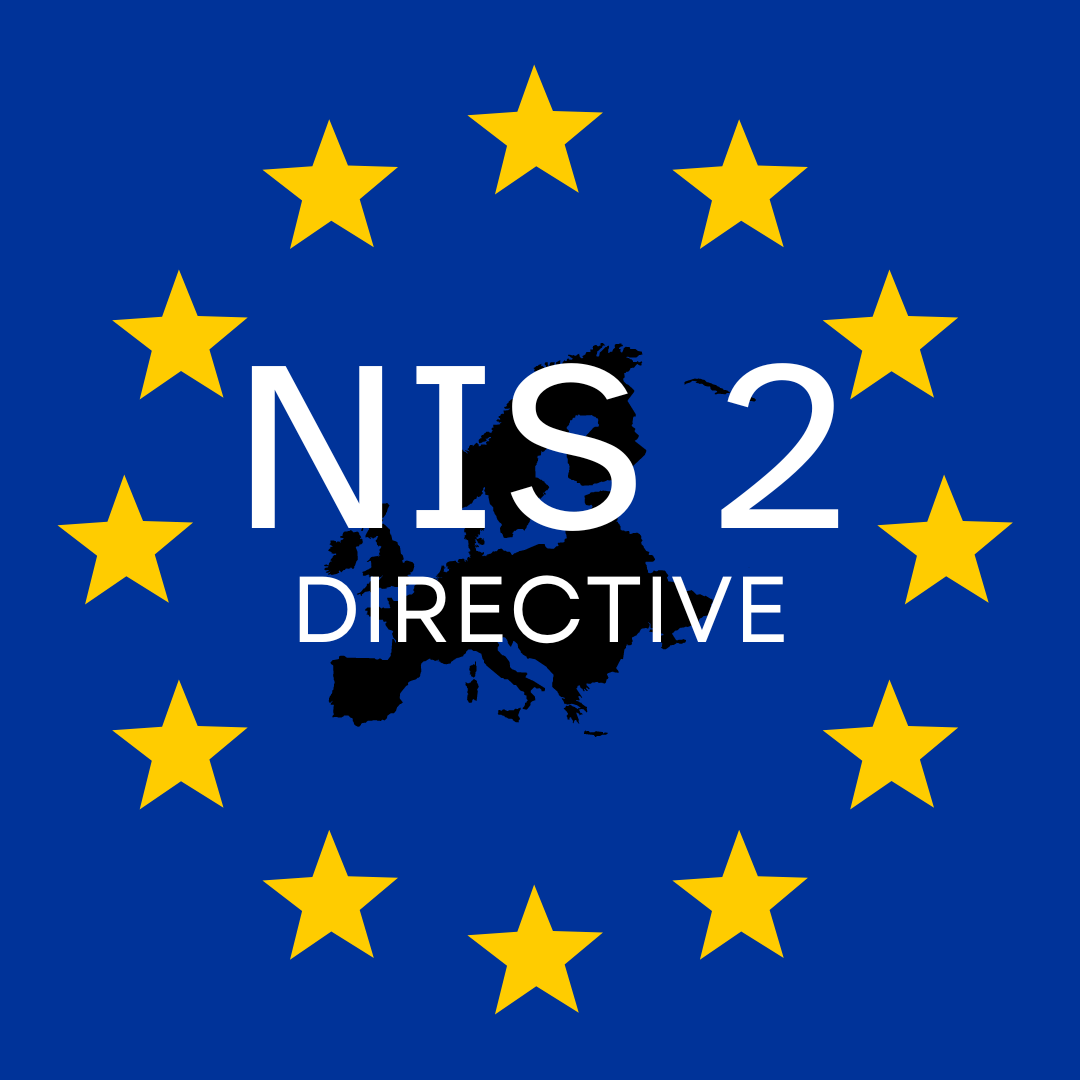NIS 2, or the Network and Information Systems Directive 2, is a European Union directive aimed at enhancing the cybersecurity posture of critical infrastructure operators and digital service providers. Compliance with NIS 2 involves adhering to a set of cybersecurity standards and requirements outlined by the directive.
Some key aspects of NIS 2 compliance include:
- Identification of Essential Services: Organizations covered by NIS 2 must identify whether they provide essential services within sectors such as energy, transportation, healthcare, banking, and digital infrastructure.
- Risk Management: Implementing risk management processes to identify, assess, and mitigate cybersecurity risks to their network and information systems.
- Reporting Incidents: Organizations are required to report any significant cybersecurity incidents to relevant national authorities.
- Security Measures: Implementing appropriate security measures to ensure the resilience of their networks and information systems.
- Security of Digital Service Providers: NIS 2 also covers digital service providers, requiring them to implement security measures to protect their services.
- Cooperation and Information Sharing: Encouraging cooperation and information sharing between Member States to enhance cybersecurity resilience at a national and EU-wide level.
Compliance with NIS 2 is mandatory for covered organizations within the EU, and non-compliance can result in penalties. The directive aims to strengthen the overall cybersecurity landscape within the EU and ensure the continuity of essential services in the face of cyber threats.
Who needs to comply?
Operators of Essential Services (OES):
- OES are organizations that provide services that are essential for the maintenance of critical societal and economic activities.
- Sectors covered by the directive include energy, transportation, healthcare, banking, financial market infrastructures, drinking water supply and distribution, digital infrastructure, and more.
- OES are identified by individual EU member states based on criteria outlined in the directive, such as the impact of service disruption on society and the economy.
Digital Service Providers (DSPs):
- DSPs are entities that offer certain types of digital services as defined by the directive.
- Covered digital services include online marketplaces, online search engines, and cloud computing services.
- DSPs are subject to the directive if they meet specific thresholds related to their size, user base, and turnover.
Both OES and DSPs are required to comply with NIS 2 regulations in their respective jurisdictions. Compliance involves implementing cybersecurity measures, risk management practices, incident reporting procedures, and cooperation with relevant authorities to ensure the resilience of their networks and information systems against cyber threats. Non-compliance may result in penalties imposed by national authorities. Get in touch with us to know more about cybersecurity and risk management for your organisation! sales@cfecert.co.uk


